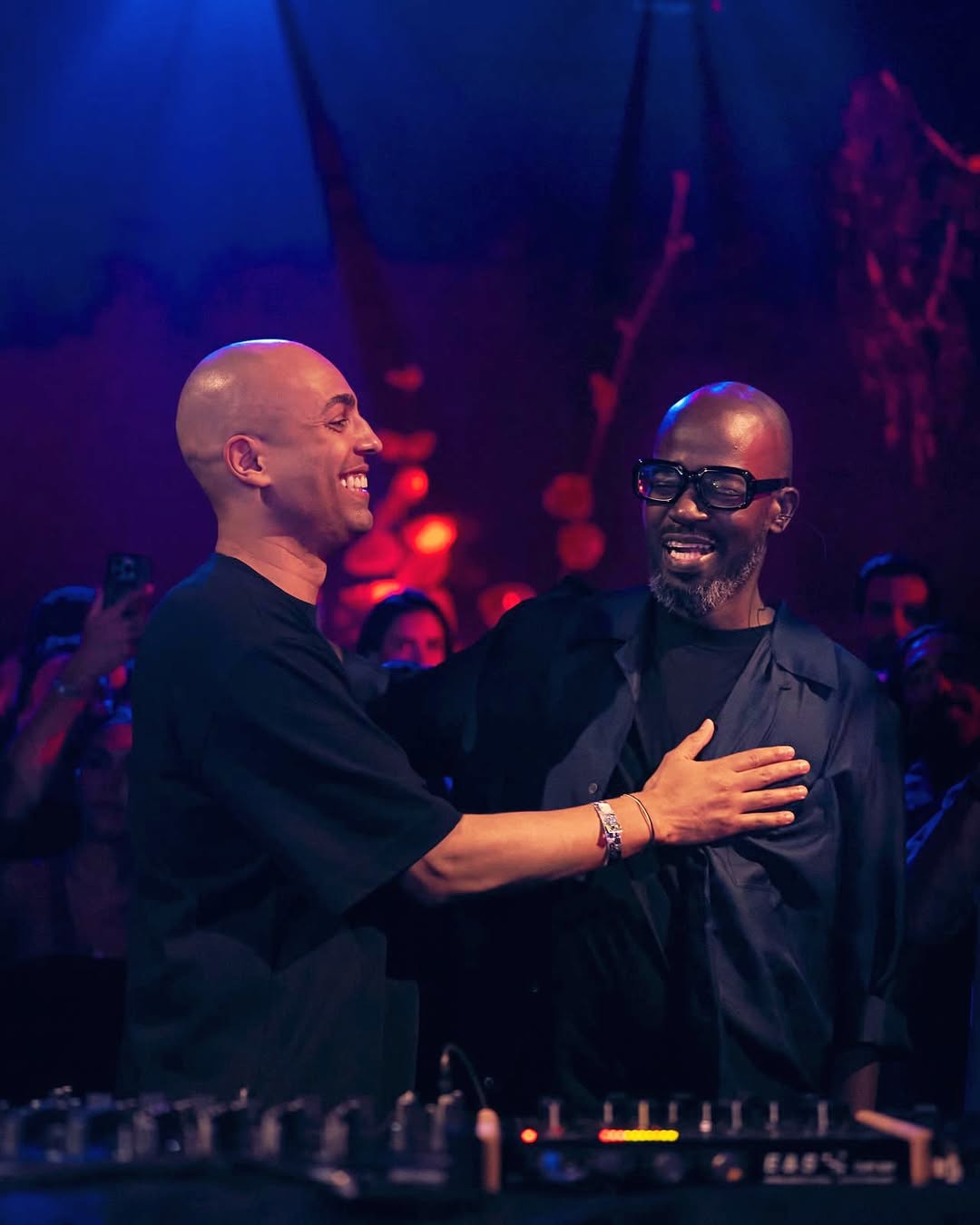LAGOS, NIGERIA — [October 11, 2025] — Spotify’s long-time CEO and co-founder, Daniel Ek has announced that he will officially step down from his position at the helm of the world’s largest music streaming platform, transitioning into a new role as Executive Chairman effective January 1, 2026.
The announcement, made on September 30, 2025, marks the end of an era for Spotify, a company that Ek helped transform from a disruptive Swedish startup into a global music-tech powerhouse that now defines how the world listens to music.
Under the new structure, Spotify will adopt a co-CEO leadership model, with Gustav Söderström, currently Chief Product & Technology Officer, and Alex Norström, Chief Business Officer, taking on the dual mantle of co-Chief Executives. Both have been long-time lieutenants in Ek’s leadership circle and will now be responsible for day-to-day management, product innovation, and commercial expansion across the platform’s vast global markets.
“The title changes, but my belief in what we’re building doesn’t,” Ek said in an internal memo published on Spotify’s newsroom. “This evolution allows me to focus more on long-term strategy, capital allocation, and strengthening Spotify’s role as the leading audio company in the world.”
For many industry observers, this transition feels less like a resignation and more like a formalization of a long-brewing internal shift. Over the past few years, Ek had already been delegating increasing operational power to Söderström and Norström while focusing on Spotify’s external relations, investments, and strategic partnerships.
But the timing has raised eyebrows. The move follows a turbulent year of public debate over Ek’s investment activities through his venture fund, Prima Materia, particularly a controversial multi-million-euro stake in Helsing, a defense and AI technology company. The investment sparked backlash from several artists, many of whom accused Ek of profiting from militarization while underpaying musicians, reigniting the age-old tension between tech capital and artistic ethics.
Still, Spotify insists that the leadership change has been in motion for months and reflects a long-term governance plan rather than an abrupt reaction.
Investors, Markets, and the Future of Streaming
Market reaction to the announcement was mixed. Spotify’s stock saw a brief dip following the news, reflecting investor uncertainty about the effectiveness of a co-CEO model, a structure that historically delivers mixed results in Silicon Valley. Yet analysts also note that both new leaders are deeply embedded in Spotify’s culture and operations, making this a “continuity play” rather than a radical shift.
For Spotify, the next chapter is not just about leadership but about expansion and adaptation. The company faces mounting competition from Apple Music, YouTube Music, and regional platforms like Boomplay and Audiomack, especially across emerging markets in Africa, Asia, and Latin America, territories that Ek himself has often described as “the next frontier for global streaming.”
With over 600 million active users and an expanding footprint in creator tools, podcasts, and AI-driven music personalization, Spotify’s next decade will test its ability to stay culturally relevant while maintaining its technological edge.
Ek’s Legacy — and What Comes Next
Daniel Ek’s 19-year run as Spotify’s CEO redefined how the world experiences music. From reshaping distribution economics to popularizing playlists as cultural artifacts, his leadership has not been without controversy, but it has undeniably altered the music industry’s DNA.
As Executive Chairman, Ek is expected to steer Spotify’s broader strategic direction, regulatory engagement, and long-term innovation agenda, particularly in the fields of AI, content ownership, and artist monetization models.
Yet, questions linger: Can Spotify maintain its creative dominance under shared leadership? Will it finally reconcile its strained relationship with the global artist community? And can it balance its capitalist engine with the cultural soul that made it indispensable in the first place?
Only time, and the next algorithmic update, will tell.




